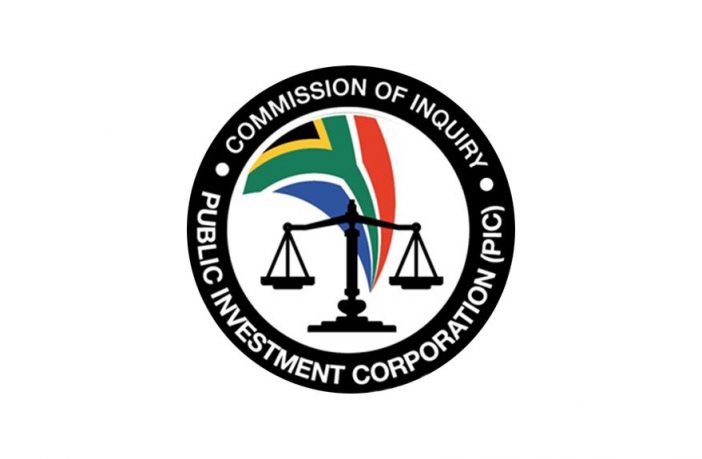South Africa’s Public Investment Corporation (PIC) is a state-owned entity with R2.083 trillion (USD 150 Billion) of assets under management. It is Africa’s largest asset manager also responsible for investing the South African Government Employees Pension Fund (GEPF). The PIC is also used as a vehicle through which the government implements its policy of Broad-Based Black Economic Empowerment policy.
Late last year President Cyril Ramaphosa instituted a Commission of inquiry into the Public Investment Corporation (PIC) to investigate “the veracity of alleged improprieties” with the aim of restoring confidence in the state-owned asset manager.
The commission is tasked with investigating and making recommendations on whether the allegations reported in the media over the past few years “contravened any legislation, PIC policy or contractual obligations” resulting in “undue benefit” for any director, employee, associate or their family members.
As the rot is exposed in the enquiry, more and more allegations of impropriety are unfolding. This has prompted President Cyril Ramaphosa to extend the lifespan of the commission headed by Judge Lex Mpati to 31st July 2019.
This publication has repeatedly written to the PIC requesting details on the PIC investments in the country’s renewable energy sector. We suspect that the PIC may have breached their investment codes and policy when making investments in so-called black-owned companies and financing black business persons in the country’s Renewable Energy Independent Power Producer Programme (REIPPP).
A series of questions sent multiple times to PIC Press Officer over the last 5 weeks, Sekoela Sikoela (sekgoela.sekgoela@pic.gov.za, has gone unanswered. We must consider that the PIC is a state-owned entity and information relating to their investments portfolio should be available for public scrutiny.
The questions sent to the PIC relate to the following:
- How many renewable energy projects in the country’s REIPP programme has the PIC being involved in as a grant, debt or equity funder?
- Please name all of them, the specific category of funding plus the amount involved?
- Please name the specific Black Empowerment Companies with projects in the REIPP programme that the PIC has provided a grant, debt funding or purchased equity in?
- Have you approved grant, debt or equity funding for a Black Empowerment Company with projects in the REIPP programme multiple times? If so please name the companies and their directors.
- Please explain the criteria for an internal process carried out in awarding grant, debt or equity funding for the REIPP programme projects?
We make specific reference to the following possible breaches:
- The PIC may have provided funding to individuals or family members of employees of the PIC who are involved in renewable energy projects.
- The PIC may have provided funding to black business persons fronting for an alleged black empowerment company when in fact the company serves other interests.
- The PIC may have provided funding a number of times to the same persons or companies involved in renewable energy projects.
- The PIC may have funded persons or companies involved in renewable energy projects when these persons and companies did not qualify for funding.
- The PIC may have breached its mandate in funding individuals and companies involved in renewable energy projects compromising a broader community benefit.
- The PIC may have breached their policy on repayment terms on loans awarded to companies and individuals involved in renewable energy projects.
We have since submitted a request to the PIC commission of enquiry to investigate all the PIC’s investments activities relating to the country’s renewable energy projects under the REIPP programme. The commission has confirmed that our request has been forwarded to the evidence leader for his attention.
Author: Bryan Groenendaal











